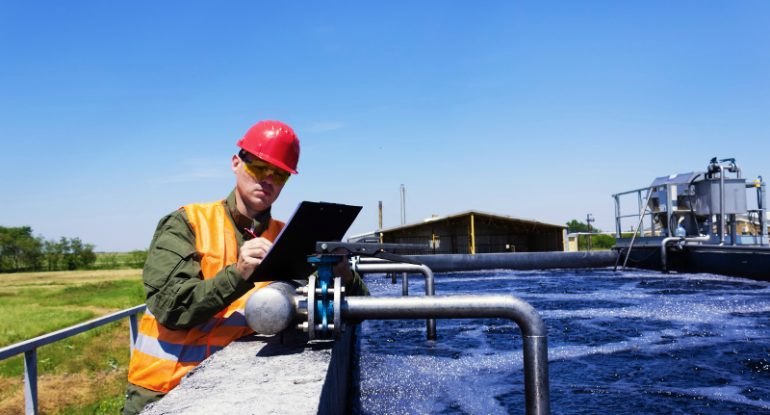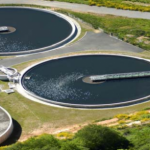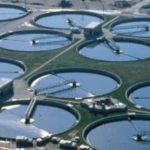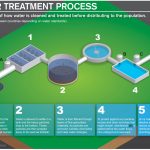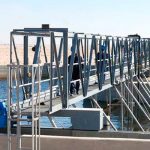For a country like South Africa, the issue of conserving water has long since moved from choice to necessity – the country simply cannot afford to let any of its fresh water go to waste. Three years’ worth of drought has depleted water levels in the Western Cape – to the point that the City of Cape Town is counting down days until it turns off supply to household taps for its inhabitants, and starts rationing water from communal sources.
Water supply is literally a case of life and death, and it would be a real shame if we were to run out of it. But the days might be coming when we will lose this precious resource, if we are not careful with our use of water. The situation in Cape Town has taught us that water is a finite resource that should be prudently utilised and saved at all costs. With the growth of population, the demand for water has correspondingly increased; the Food and Agriculture organisation (FAO) reports that global water withdrawal increased from less than 600 km3/year in 1900 to almost 4,000 km3/year in 2010. According to the Organisation for Economic Cooperation and Development (OECD), global demand for water is projected to increase by 55 percent between 2000 and 2050, mainly driven by a 400 percent increase in demand from the manufacturing sector.
Proper water management is getting more and more important, and not only in manufacturing, as the sector is just one of many stakeholders dependent on this natural resource. Different types of industries demand different quantities of water resources, and produce and dispose of different kinds of wastewater – Agriculture, for instance, uses about 70 percent of the world’s water withdrawal; for irrigation, livestock watering and cleaning, and aquaculture. The production of energy also requires water in processes such as thermal power plant cooling systems or lowering the water table for raw materials extraction. It is imperative that these industries adopt sustainable means of conserving water; and luckily technologies for water management have become many, varied and easily available as research into water conservation methods intensified.
Israel is leading the way in this regard; having embarked on an idyllic desalination and drip irrigation processes that have turned arid parts of the country into productive arable lands. Following their strict water usage discipline would go a long way into conserving local water resources and ensuring their longevity.
There are industry-specific treatment technologies (for example there are treatment technologies for agricultural wastewater and for mining wastewater), as there are different methods for urban and rural areas – the Water Management and Treatment Technologies Conference was organised so as to discuss the various ways in which we can conserve and recycle water for both domestic and industrial use. Scheduled for the 13th of July 2018 at the Emperors Palace Convention Centre in Johannesburg, the event brings together the some of the best ideas in water treatment technology to discuss clean water technology, water solutions and strategies in domestic and industrial waste water treatment. We will also focus on current advances in water treatment research.
Attending the conference will be ideal for municipal water management and treatment professionals, end users, researchers, engineers, managers, educators, suppliers and contractors, as it is dedicated to advancing new developments in the treatment, use and reuse of water for domestic, industrial and other engineering purposes. Delegates will get insights into the latest applications available in the industry, get educated on current technology and hold wide ranging discussions with their peers active in water treatment.

